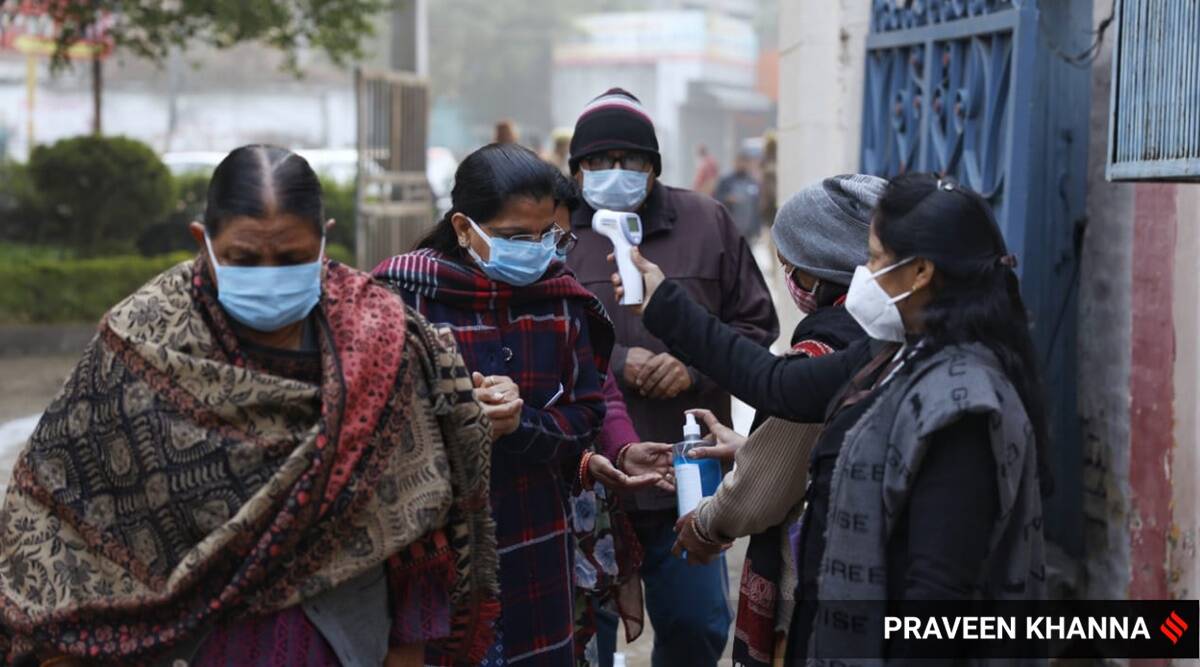Many countries, especially in Europe, have started locking down their economies again to combat a resurgence of Covid-19. A new Covid strain out of South Africa, Omicron appears to be particularly virulent, and some countries are banning flights from Africa.
Many in India will call for stringent lockdowns, including a shutdown of international air traffic, to check the virus. This would be a mistake. Many global studies, including one by Surjit Bhalla, India\’s executive director at the International Monetary Fund (IMF), have concluded that lockdowns have more negative than positive effects, and can deepen rather than alleviate misery. India made the mistake of imposing the strictest lockdown in the world in March 2020. It must not go anywhere near that policy in the face of Omicron.
A New Worryant
Covid is, indeed, a great scourge, and has killed 5.2 million, according to official figures. The Economist estimates that total deaths may be as high as 17 million. But this figure includes indirect deaths caused by hospitals turning away patients with other ailments for want of beds, doctors refusing to see more patients, and people reluctant to take medical checks or visit doctors for fear of getting infected. < ..
The fatality rate is by far the highest for those above 70, and dramatically lower for younger folk. Stanford\’s John Ioannidis analysed global data and concluded that for those below 70, the median infection fatality rate was just 0.05%. This is overwhelmingly a problem of the aged, and to a lesser extent of those with other morbidities like heart and respiratory problems.
This is not a problem of the whole population. Why lock down entire economies to check fatalities among the aged and sick? The solution is to focus on the aged and ease up for others. Social distancing and masking should continue, too.
Only a tiny fraction of those under 16 die after catching Covid, yet schools (especially elementary schools) have been closed down on a mass scale and re-opened in some but not all states. The well-off have managed with tutors. But the poor, dalits and villagers have lost over 500 days of education and many will lapse into illiteracy.
A September study, \’ Locked Out: Emergency Report on School Education\’, by Nirali Bakhla, Jean Dreze, Vipul Paikra and Reetika Khera, showed that 97% of parents in August 2021, when the survey was conducted, wanted schools to reopen, but many chief ministers dragged their feet. Schools should be kept open even if we have a new Omicron wave. The children have natural resistance, and the teachers and older children have been vaccinated.
Several studies show a weak or zero correlation between lockdowns and the spread of Covid. Outcomes vary between countries with similar policies, so we are uncertain of what the best policies may be. But it seems clear that the costs of a lockdown are horrendous, while the benefits have been vastly exaggerated in the past.
In India, perhaps 200 million people were forced into poverty by the lockdowns. Every death is a tragedy. But so is mass unemployment, mass reverse migration from cities to villages, ruination of small businesses, ruination of education, and a fall in GDP of 8.5%, possibly the worst in history.
Lock is Not the Key
Even countries facing new waves of infection should avoid wholesale lockdowns. These should be limited as far as possible. Lockdowns should be avoided at the national, state or even district levels, and imposed, if at all, only at the city level. Within a city, several institutions like schools should be exempted. The emphasis must be to keep as much economic and social activity going as possible.
International experience suggests that shutting off international traffic hurts tourism and business without keeping new strains out. Some countries are stopping flights from Africa, the source of Omicron. But the virus is now already in Europe and the US, and can come to India from there. It is going to go global, regardless of travel curbs. Civil aviation authorities in several countries are pleading with their governments to keep traffic going. India should keep traffic going too.
Many countries earlier applauded for success against Covid, such as Israel, are now struggling to cope. Apparently, the efficacy of vaccination wears off over time, and booster shots are needed.
It is not enough for India to aim at vaccinating 70% of its population twice. Booster shots and annual shots subsequently must be planned for. Maybe a cocktail of different vaccines will be more effective than any one vaccine. A cocktail catches viruses attempting to mutate against any one vaccine. That approach succeeded in checking the HIV virus.
The world will have to view new mutating strains as inevitable, to be managed but not eliminated. The task will become easier as seropositivity increases. Already, maybe 70% of Indians have had at least one inoculation or have antibodies and resistant T-cells from mild infections. Vaccinations will never be 100% effective, so some deaths will be unavoidable. But that is true of deaths from several other causes, and the world has learned to live with them. The same approach should apply to Covid.
This article was originally published in the The Economic Times on Dec 1, 2021.


